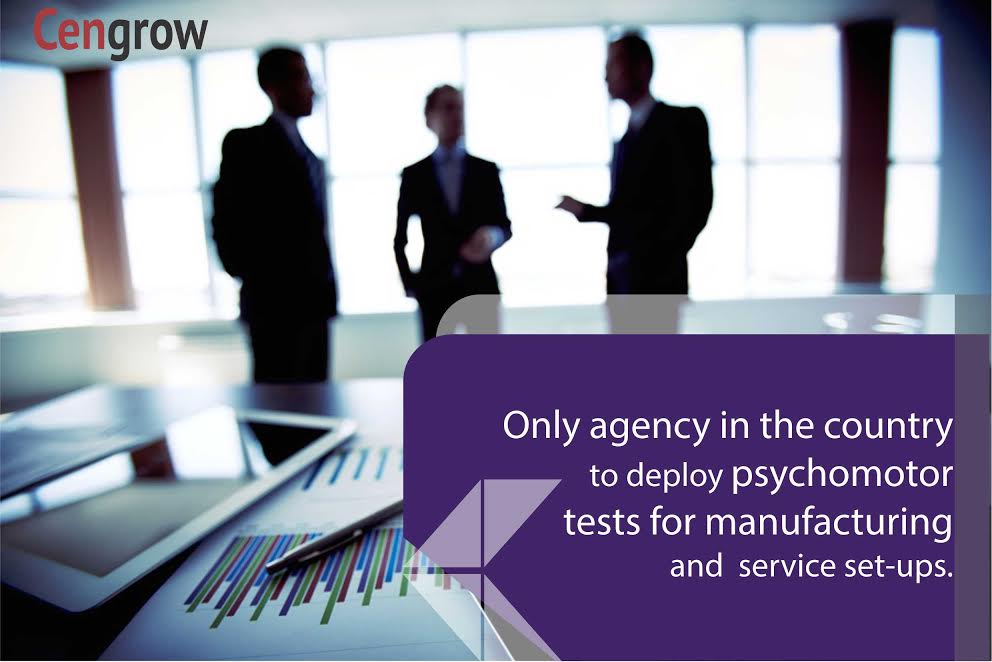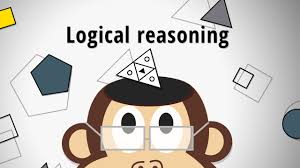Start-up companies can come in all forms and sizes. They seem to have high failure rates, but the minority who succeed can become large and influential.
It has been seen that most start-up founders more often have a casual or off-beat culture in their thinking, dress, office space, HR practices and Marketing, as compared to traditional corporations. Some of these casual approaches, such as the use of “flat” organizational structure, in which employees can directly communicate with the Founders or CEOs informally, are practiced to promote efficiency and to enthuse employees in the workplace.
Business Strategies for Finance, Marketing, Production, Product Development and Innovation are made without a robust HR and People strategy. The importance of this needs to be highlighted as this is one pillars of the foundation on which the businesses is built, and if this pillar is weak or not there the dangers will always loom. Having a HR and People plan is like a having Finance plan which is absolutely essential to a success of a start-up. If people are not the key focus area the start-up cannot succeed. The HRand People plan needs to be budgeted in the initial phase itself.
Hiring the right person is one of the biggest challenges for the start-up – it is not that getting people is a problem but getting the right-fit certainly is for most start-up organizations. Many a times compromises are likely to be made to get the organization moving quickly hoping that the incumbents will learn and adapt as we go along – something which a start-up needs to be careful about in my opinion.
All start-ups need people who are innovative, adaptable and flexible, analytical, emotionally intelligent, team players and have willingness to learn. They should be willing multi-taskers. Easily said than done – how do we find this out in an interview of an hour or two at the most? The founder’s or CEO’s experience or gut-feel may not be sufficient to make those judgements. There is a professional way of doing thisby putting the person through professional Competency Assessment or Personality (Psychological) Tests.
As the organization matures and grows retention of good people becomes the challenge.Attracting,developing and retaining an amazing team are the hallmarks of success for any start-ups success. If there are right people they will design and redesign success strategies and fight for the organization’s success.
What HR policies should be there? How shouldthe elements of legality, predictability, fairness, equity and control be built into them require in-depth thought and insight as does the business plan. What has succeeded in one organization may not in another as each organization have a unique character and personality. Having policies is not good enough it is their proper implementation which is the tougher part and leads to dissatisfaction in most organizations over a period of time.
Just like business strategies and plans change the HR policies need to be revised and re-engineered keeping in view the business needs.
Making sure that the there is adequate focus on people besides other areas is most important in my opinion.
More Visit :- http://www.cengrow.com/




 A projective test is a type of personality test in which the individual is made to respond to ambiguous scenes, words or riddles. This kind of analysis emerged from the psychology of thought, which suggests that people have their behavioral traits and urges which might leave an impact on the business organizations they work with. These projective tests were intended to uncover such unconscious desires that are hidden from a normal behavior of an individual.
A projective test is a type of personality test in which the individual is made to respond to ambiguous scenes, words or riddles. This kind of analysis emerged from the psychology of thought, which suggests that people have their behavioral traits and urges which might leave an impact on the business organizations they work with. These projective tests were intended to uncover such unconscious desires that are hidden from a normal behavior of an individual.